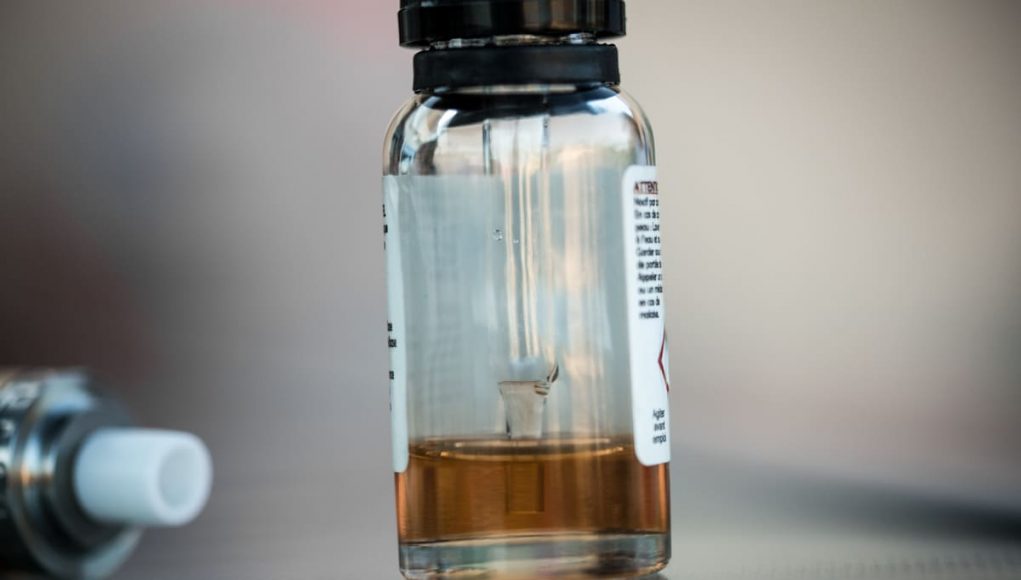The latest data from the US Centers for Disease Control and Prevention (CDC), have confirmed that EVALI, the infamous “vape related” lung disease that has sadly spread across the US, was caused by Vitamin E Acetate Oil, found in THC Vaping Cartridges.
In line with this, in a study published in the New England Journal of Medicine last September, researchers had emphasized that while in a small percentage of the cases under investigation, the participants claimed to use only nicotine not THC, it is highly likely that for obvious reasons they may have been reluctant to admit to using illegal drugs. Subsequently, the aforementioned CDC report had confirmed just that.
“This is significant because although not all of the case patients admitted to using THC vapes, the finding of vitamin E acetate in their lungs essentially proves that they were indeed vaping THC oils,” said Siegel referring to the CDC report. “This does not mean that they were lying; they may simply not have known what was in the product they were vaping, especially since most of these products are purchased off the black market or obtained from friends or dealers.”
The correct approach
Meanwhile, while most US States have ignored this data, enacting bans that have nothing to do with this additive, Michigan is thankfully considering a legislation which would tackle this issue head on. Taken together, House Bills 5159, 5160 and 5161 would ban the manufacturing and sales of products containing Vitamin E Acetate, setting in place fines for offenses.
Sponsored by state Reps. Abdullah Hammoud, D-Dearborn, Frank Liberati, D-Allen Park, and Joseph Bellino, R-Monroe, the bills are currently before the House Judiciary Committee for review.
Marijuana Agency Warns Against Vaping Unlicensed THC
Late last year, the Marijuana Regulatory Agency halted the sales of marijuana-containing vape products in order to test them for the additive. In December, thousands of products that tested positive for the substance were recalled.
“The current bill in its current form is a reactive measure,” Hammoud said. “We have an opportunity to make these bills proactive by not just banning vitamin E acetate, but also expanding it to ban any other additive chemical substance that’s added to vaping that has not been approved by the FDA.”
Read Further: MLive




![Recent Conference Urged Nations Worldwide to “Quit [Smoking] Like Sweden”](https://www.vapingpost.com/wp-content/uploads/2024/04/vape-conference-238x178.png)



